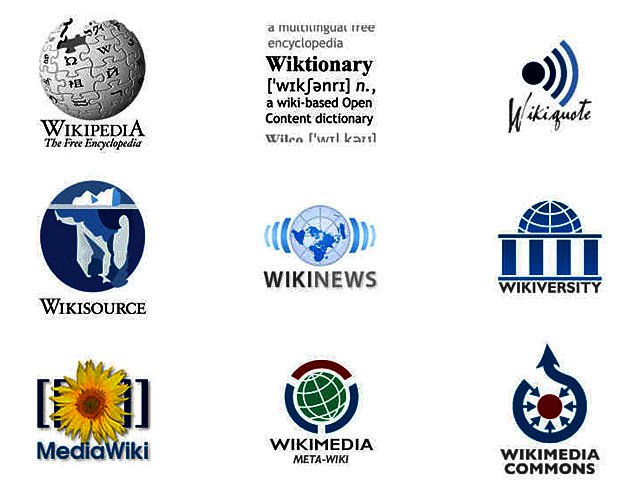Wikimedia Wikipedia WikiThis WikiThat
By Lance Terner 3 August 2009 | Categories: netsmart
“Imagine a world in which every single human being can freely share in the sum of all knowledge”. This is the bold mission of Wikimedia, and it is also the driving thought behind user generated content or media.
The advent of user-generated content marks a major shift among media organisations away from creating online content to providing facilities for amateurs to publish their own content.
User generated content has also been seen as a “conversational media”, media of the past 100 years is considered more as “packaged goods”. The former is a two-way process as opposed to the one-way distribution of the latter.
Conversational media encourages the publishing of one’s own content and commenting on other people’s published works. It is this almost revolutionary concept that has led to the explosive growth of Web 2.0 social networking sites.
A good example of user generated content is Wikipedia, the online encyclopaedia, which is entirely created and maintained by the people who use it. It is best described as a community effort to create a multilingual free encyclopaedia of the highest quality. Wikipedia content is completely free, but the key to its success is that every article is user generated and editable by anyone at any time. The almost 3 million articles that can now be found on the site were written, edited and otherwise contributed to, by millions of Internet users.
So what then is Wikimedia? Wikimedia, or the Wikimedia Foundation, is the parent organisation of the Wikipedia project. There are several other projects run by Wikimedia, and all of them based on similar lines to Wikipedia, and all of them bring knowledge to anyone who seeks it. Recently the Wikimedia Foundation voted to attach a Creative Commons Attribution-ShareAlike licence to all content, making an amazing amount of media easier to share and use.
Apart from Wikipedia this is what you can expect from the Wikimedia Foundation:
Wikimedia – http://wikimedia.org/
A good place to start off on your wiki quest. Here you’ll find links to the Wikimedia Foundation as well as links to the respective projects.
Wikimedia Commons - http://commons.wikimedia.org
For multimedia visit the Wikimedia Commons where you’ll find audio, videos and images all free to use. It has recently become the beneficiary of a donation of 250 000 images from the German photography archives.
Wiktionary – http://www.wiktionary.org/
This site is the Wiki-based free, open content dictionary companion to Wikipedia. There are several language versions including English and Afrikaans.
Wikiversity – http://en.wikiversity.org
An excellent resource for those keen on enhancing their studies.
Wikibooks – http://en.wikibooks.org
Wikibooks is a Wikimedia community for creating a free library of educational textbooks. Best to head over to their “Featured books” to check out PDF book downloads.
Most Read Articles

Have Your Say
What new tech or developments are you most anticipating this year?



